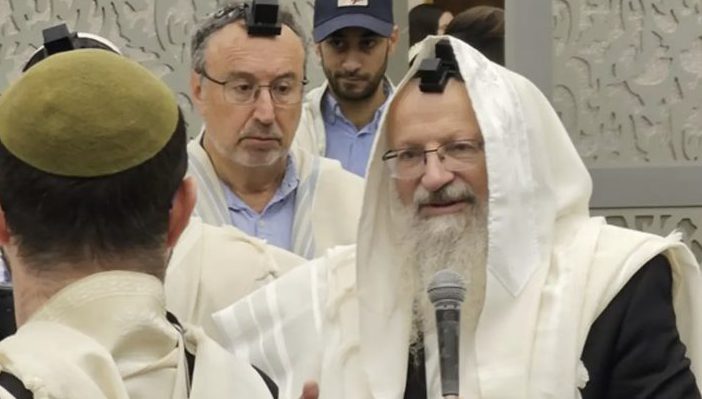Balak: The Final Barrier Before Redemption and the Eternal Battle for Holiness
In the Torah portion of Balak, Israel faces its last and most formidable spiritual and moral challenge before entering the Promised Land. In the fortieth year of wandering, a transformation takes place. The nation that once longed for Egypt now rises with courage to defeat enemies and reclaim its divine destiny.
They face fierce battles—against Arad, Sihon, and Og, kings whose physical might seemed insurmountable:
“Whose height is like the height of cedars and who is strong as oaks…” (Amos 2:9)
Yet Israel emerges victorious, crossing the wilderness and confronting fiery serpents, doubt, and fear. The physical battles culminate in a deeper, more dangerous war: the spiritual assault by Bilaam son of Beor, the sorcerer whose dark powers of impurity matched the holiness of Moses himself.
From Physical War to Spiritual Confrontation
The final and fiercest trial is not fought with swords, but through morality, identity, and faith. Bilaam—a prophet of impurity—sought to curse Israel, but God transformed his curse into a blessing:
“…because the Lord your God loves you.” (Deuteronomy 23)
Yet his schemes did not end there. Bilaam enticed Israel through Moabite women, bringing immorality into the camp. This transgression, described by our Sages as worse than the Golden Calf, claimed 24,000 lives (Midrash Tanchuma, Balak 18). Even the elite among Israel were ensnared.
Pinchas and the Covenant of Eternal Priesthood
Pinchas, in an act of holy zeal, rose to stop the plague. For this he received a covenant of everlasting priesthood (Numbers 25:13). His bravery illustrates the global and timeless dimension of the battle against immorality and spiritual decay.
This was not merely a historical struggle—it was the closing of Moses’ era and the spiritual preparation for Joshua’s leadership. The people of Israel stood at the edge of their destiny, but to enter the Land, they had to conquer not only territory but temptation.
The Enduring Threat of Moab and Ammon
The Torah declares that Ammon and Moab carry a severe spiritual impurity. Despite being descendants of Lot, whom Abraham once rescued, they repaid kindness with cruelty.
“They did not meet you with bread and water on the road…” (Deuteronomy 23)
Worse than Egypt or Edom, the Torah commands:
“You shall not seek their peace nor their prosperity all your days forever.”
These nations aligned themselves with Sodom and Gomorrah—symbols of depravity and ingratitude—rejecting Abraham’s legacy of compassion.
Moses, Peor, and the Eternal Battle
Whenever the impurity of Peor rises, Moses stands in defiance.
“This is the Torah that Moses set before the children of Israel… opposite Beth-Peor.” (Deuteronomy 4:46)
Our sages teach that Moses was buried across from Beth-Peor to subdue this impurity even in death (Sotah 14; Or HaChaim). Bilaam’s impurity was not an external threat alone; it was a test of Israel’s internal resilience.
The War of the Generations: Balak and Bilaam’s Strategy
Bilaam and Balak were willing to destroy their own daughters to spiritually cripple Israel. Their plot was not military—it was psychological and spiritual. It was a war to erase the moral clarity of a holy people, to lure them with temptation and corrupt their mission.
God’s command was clear:
“Harass the Midianites and smite them.” (Numbers 25:17)
Moses knew this had to be a total victory—partial measures would not suffice.
The Battle Rages On
Today, this war continues—not through ancient idols, but through modern channels: internet, media, immodesty, and the erosion of family and moral values. The kelipah (spiritual impurity) of Peor has not vanished. It has taken new forms, seductive and pervasive.
It attempts to halt Israel’s return to the Land, to weaken the nation’s moral foundation, and to replace holiness with hedonism. Like then, it targets even the most distinguished among us. Its weapons are more subtle, but no less destructive.
Redemption Through Resolve
But as in the days of Moses, those who cling to God live:
“But you who cleave to the Lord your God are all alive today.” (Deuteronomy 4:4)
The message is urgent and timeless: without moral vigilance, the path to redemption is blocked. With faith, sacrifice, and holy resolve, we can cross into the Promised Land—not only geographically, but spiritually.
May Hashem strengthen us against all forms of this ancient impurity and lead us, united and purified, into the fullness of His promise.





